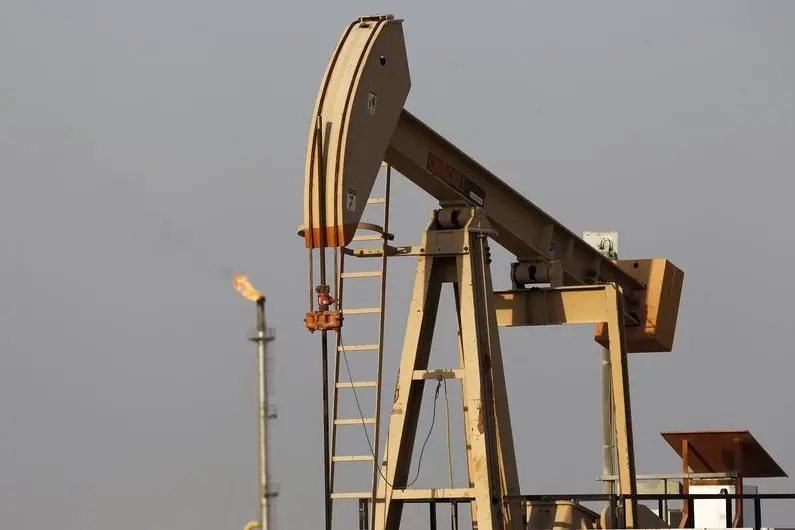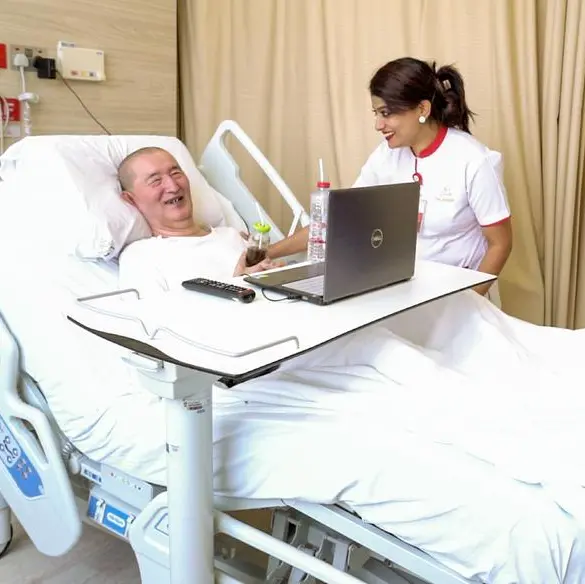PHOTO
Lower oil prices are likely to moderate Bahrain's economic growth this year, though a strong non-oil sector, along with a sustained programme of state investment, should underpin GDP expansion into 2016 as oil markets await renewed demand.
The economy is forecast to expand by 3.6% this year before easing to 3.3% growth in 2016, according to the June "Bahrain Economic Quarterly" report, released by the Economic Development Board (EDB). As oil accounts for around 80% of state revenues, growth will largely be driven by activity in the non-oil sector, the EDB noted, which was up 5% year-on-year in the first quarter.
"We expect growth in the oil sector to remain subdued... However, activity in the non-oil economy should remain robust, with an average of 4.5% [growth] for the year," the EDB report said. "It should be noted, however, this figure was already clearly exceeded in Q1 and faster implementation of the project pipeline could push the total up."
Meanwhile, Adnan Ahmed Yousif, president and CEO of Al Baraka Banking Group, expects GDP to expand by at least 4% over the year, thanks to increased public investments in infrastructure, energy and services, he told local press in late July. "We strongly believe in the underpinnings [that] Bahrain's economy has, which made it a flexible economy able to cope with fluctuations in the oil markets," he said.
Finding a fiscal balanceDespite this resilience, concerns remain over the impact of lower oil prices on state coffers. In June ratings agency Fitch downgraded Bahrain's long-term foreign and local currency issuer ratings to BBB- and BBB, respectively, with a stable outlook. The dip in hydrocarbons revenues had added to the strain on Bahrain's fiscal position, Fitch noted, with this year's budget deficit expected to rise to 10.9% of GDP, nearly double the level recorded in 2014.
This is expected to return to single-digit territory in 2016 and 2017, however, as the non-oil sector gains traction thanks to GCC-financed development projects, tourism flows from neighbouring Saudi Arabia and manufacturing growth.
On the spending side, the country has been working to rationalise expenditure, given its relatively modest foreign reserves, estimated at around $6bn, or three months of imports, in late 2014.
The state budgets for 2015 and 2016 were approved by parliament in early July after a six-month delay, with budget deficits of around BD1.5bn ($4bn) projected for both periods, above the BD914m ($2.4bn) outlined in 2014. While the cabinet had proposed a budget with a lower fiscal deficit, at around BD1.47bn ($3.9bn), parliament opted to preserve several current spending programmes, including subsidies.
The government has instead chosen to curb its own outlays, issuing a directive to ministries requiring them to identify additional savings. Announcing the measures in mid-July, Isa Al Hammadi, government spokesman and minister of information affairs, told local press that while fiscal constraints had necessitated the cuts at the ministries, the public would not be directly affected.
"We have to restrict spending and we have a tight budget to deal with," he said. "Oil prices are not stable and we don't want to continue spending improperly, not knowing what is stored for us in future."
Long-term prospectsWhile the EDB forecast a recovery in oil prices, with an average price of $65 per barrel expected this year and $80 in 2016, the potential return of Iran to the international energy market could put greater downward pressure on prices. Brent crude fell below $60 per barrel in mid-July on news of the preliminary agreement.
Despite the lower oil prices, an increase in domestic production should bolster hydrocarbons earnings in the near term, as the offshore Abu Safa field - which Bahrain shares with Saudi Arabia - comes fully back on-line. Bahrain's share of the field, which has a capacity of 150,000 barrels per day, saw a 7% drop in production in the first quarter due to seasonal maintenance work. Prior to the repairs, Abu Safa accounted for nearly 80% of net oil revenue and 90% of total crude sales, according to Bahrain's Securities & Investment Company.
© Oxford Business Group 2015





















